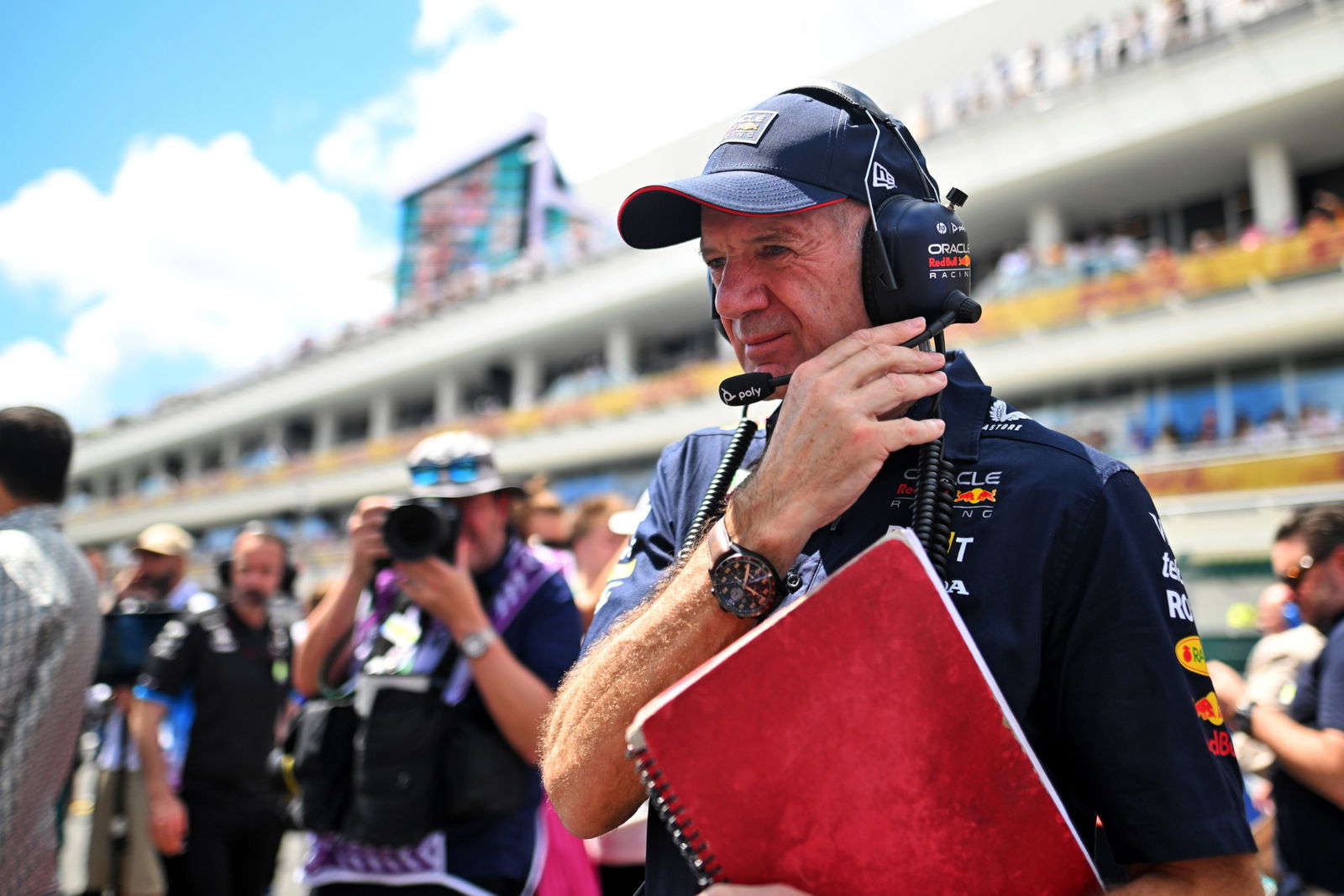Christian Horner's Toto Wolff spat intensifies with 'poaching 220 Mercedes staff' claim
Christian Horner's spat with Toto Wolff continues.

Christian Horner’s war of words with Toto Wolff has intensified after the Red Bull boss claimed they have poached 200 employees for their engine department.
Since their teams went head-to-head for the 2021 F1 world championship, Horner and Wolff have been arch rivals, often exchanging words in the media.
Despite their contrasting on-track fortunes, their rivalry has been renewed.
Wolff has been public in his admiration for Red Bull’s Max Verstappen - and the prospect of potentially signing him for 2025.
This has irked Horner, with the 51-year-old biting back after the race in China.
Things have heated up between the two team bosses, particularly as McLaren CEO Zak Brown suggested in Miami that Red Bull are set to lose even more staff following Adrian Newey’s departure.
Horner has taken another swipe at Wolff and Mercedes with a remarkable claim that his team has poached 200 staff from Brixworth for Red Bull Powertrains - their new engine project for 2026.
"The two candidates involved talk a lot. I'm not going to get sucked in for a tit for tat. I would be more focused on Toto's own issues that he has. I don't have any concern with the strength and depth [of Red Bull]," he said.
"Of course there is always going to be movement between teams. I don't know how many people we have employed by McLaren this year? Mercedes, we have taken 220 people. 220 out of HPP into Red Bull powertrains.
"So when we are talking about losing people, I would be more worried than about the 220 people, than one or two CVs."
Red Bull could lose another of their star assets with sporting director Jonathan Wheatley reportedly considering his future.
Wheatley has hopes to become an F1 team principal, and with Horner firm in his position, he might have to look elsewhere.
Addressing the Wheatley rumours, Horner added: "There are rumours about everybody. Contracts between individuals and their terms and conditions is not something that we really talk through [with] the public."








